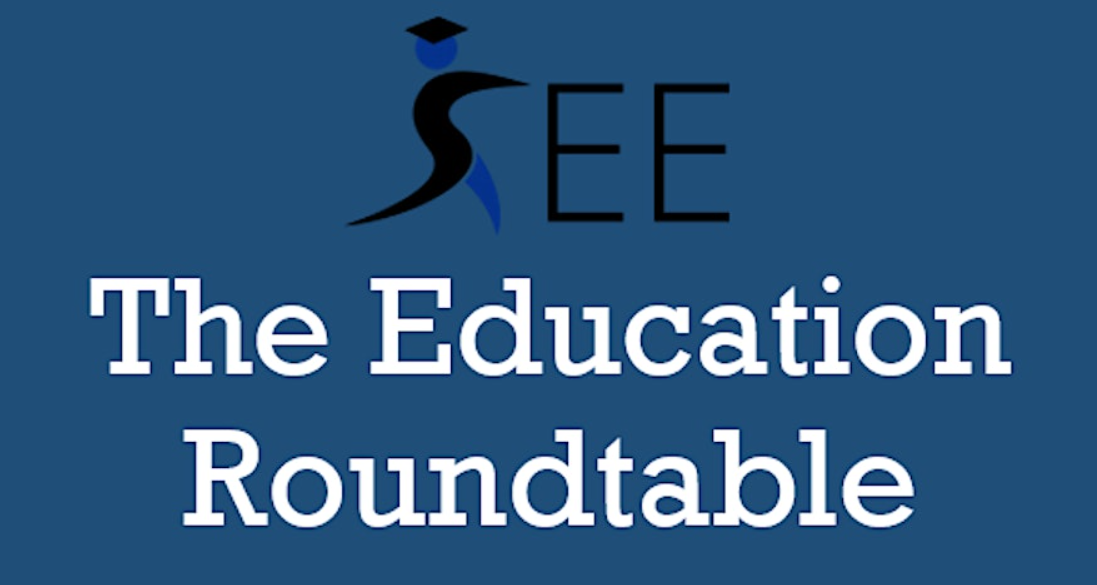The public union backed Center for Tax and Budget Accountability has a new research report out today. Had they summarized their claims properly and put them together with their other proposals and research, their conclusion would have gone something like this:
Based on experience in other states, you might think the middle class would be taxed less under a progressive system. Unfortunately, however, we propose to stick it to them in other ways, and we’d still have no idea how to get close to stabilizing Illinois. Besides, those other states aren’t in anything like Illinois’ horrible circumstances.
Their report purports* to show that experience in other states shows that cuts, not increases, are more likely in state’s with progressive income taxes. Yes, the folks so fond of saying Illinois has a revenue problem not a spending problem want you to think the new progressive tax would be the end of it. Here’s their actual conclusion:
Since 2003, states with graduated income taxes have cut taxes nearly two and a half times more often than they have raised them on the middle class. In any given year, a state with a graduated income tax had a roughly 13 percent likelihood of cutting taxes — versus just a five percent likelihood of increasing them on the middle class.
Assume that’s correct for now. They didn’t mention that they separately acknowledge that the progressive tax isn’t nearly enough to stabilize Illinois, much less cover their proposals for further spending, so they want other taxes raised by means that unquestionably would hit the middle class. They support extending the income tax to retirement income and expanding the sales tax base.
Recently, they’ve gotten quite open about admitting how short a progressive tax would still leave Illinois — several times the expected revenue from the graduated tax. CTBA President Ralph Martire said as much when I asked him about it at a town hall meeting last month. I rattled off a short version of the number in the case I made here and he challenged none of it.
Finally, neither they nor anybody else should be making much of the general experience of other states because Illinois is an outlier by so many measures. Very few state’s have problems as severe as ours in terms of population loss, total tax burden, pension debt, retiree healthcare debt, graft and much more.
-Mark Glennon, Founder, Wirepoints
*Even the CTBA’s underlying point about experience in other states with progressive taxes may be wrong. I have not researched it, but here’s what the Illinois Policy Institute says on that:
1) CTBA’s list of progressive income tax states that have cut taxes makes use of the same lie that earned Think Big a “mostly false” rating from PolitiFact. They include states that essentially have flat taxes because their top rate affects most income earners, e.g. Georgia ($7k), Idaho ($10,890), Arkansas ($35k) and Louisiana ($50k). It’s not reasonable to compare these states to Illinois, where politicians have run up huge deficits and the push for a progressive tax is motivated primarily by a desire for more revenue.
2) The CTBA’s own analysis shows that when progressive tax states raise income tax revenue, the middle class overwhelmingly pays the price (33 tax hikes on income below $250,000 vs. 10 increases on income above $250,000.) CTBA Executive Director Ralph Martire has repeatedly stated that Illinois should raise far more revenue than even Pritzker’s plan would bring in.
3) The CTBA research shows that in progressive tax states, tax cuts disproportionately go to the wealthy and tax hikes disproportionately hit the middle class.
4) The most reasonable apples-to-apples comparison in Illinois’ current debate on whether to adopt a progressive income tax is Connecticut, which is the only state to swap a flat tax for a progressive tax in the last 30 years, and did so in the face of similar fiscal circumstances. It is noticeably absent from the CTBA’s tax cut list.

 Ted joined Tom Miller of WJPF to talk about Illinois’ highest-in-the-nation property taxes, why lawmakers don’t want to touch the tax’s cost drivers, just how much Illinoisans’ tax burden has grown over the decades, why Gov. Pritzker failed to meet his promise to reform property taxes, and more.
Ted joined Tom Miller of WJPF to talk about Illinois’ highest-in-the-nation property taxes, why lawmakers don’t want to touch the tax’s cost drivers, just how much Illinoisans’ tax burden has grown over the decades, why Gov. Pritzker failed to meet his promise to reform property taxes, and more.
 Ted joined Dan and Amy to talk about the free speech controversy brewing in Wilmette due to the city’s refusal to fly a religious freedom flag, the city’s left-wing excesses and the growing culture war, the latest money spent on the illegal immigrant crisis, and more.
Ted joined Dan and Amy to talk about the free speech controversy brewing in Wilmette due to the city’s refusal to fly a religious freedom flag, the city’s left-wing excesses and the growing culture war, the latest money spent on the illegal immigrant crisis, and more. Chicago Public Schools is failing its students in almost every way. What can be done to save the educational futures of Chicago’s children? Join Wirepoints’ Ted Dabrowski as he participates in an education roundtable discussion hosted by Seeking Educational Excellence (SEE).
Chicago Public Schools is failing its students in almost every way. What can be done to save the educational futures of Chicago’s children? Join Wirepoints’ Ted Dabrowski as he participates in an education roundtable discussion hosted by Seeking Educational Excellence (SEE).
Everytime I see Ralph Matire on TV, my wife has to rub my tummy and tell me “it’s ok” while giving me the dog’s rawhide to violently chew on. I nearly self incinerate when he says we need more taxes.
The CTBA report listed Oregon as having tax cuts in 2009 and 2012. However, in 2009, Oregon added two new tax brackets of 10.8% and 11% on incomes of $125K and $250K, respectively. Those new brackets expired in 2012 and were replaced with one new 9.9% bracket on income over $125K. So that’s one tax hike and one tax cut, but the final cut was proportionally smaller than the hikes, so the taxes today are higher than they were before all the changes.
What a sloppy, oddball analysis by the CTBA.